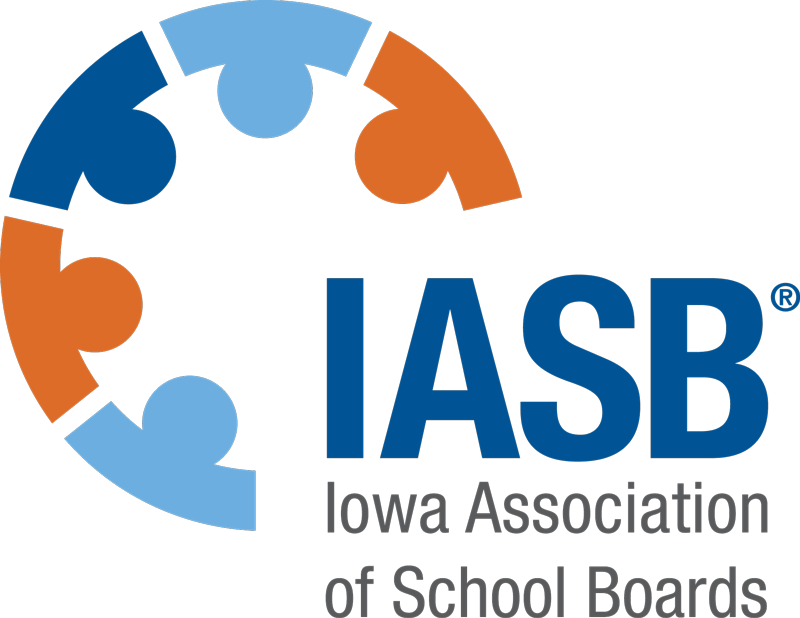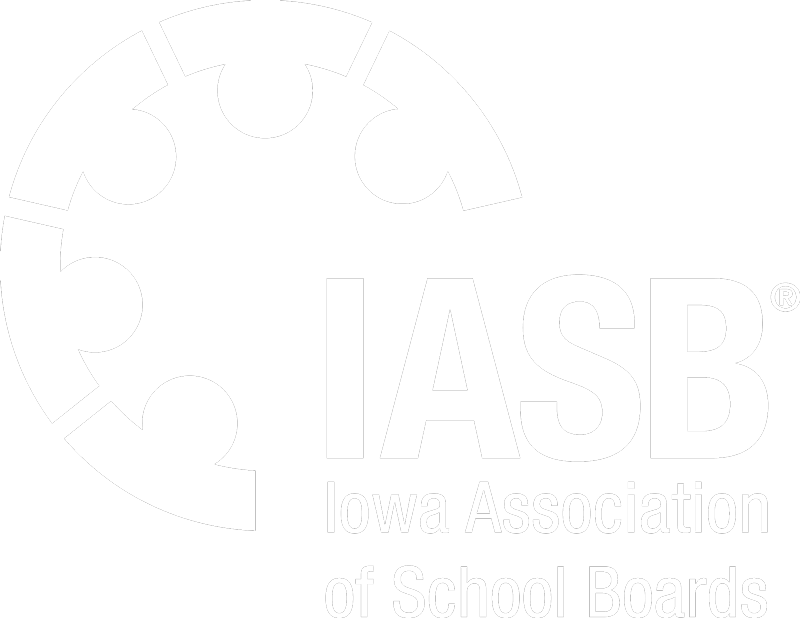Fiscal Responsibility & Stewardship
These bills cover any money coming into the school district and how it should be spent.
HF 68 – Education Savings Accounts: This is the governor’s education savings account plan. The bill outlines a three-year plan for fully implementing the program.
Year One: All public school students and nonpublic school students whose families make at or below 300% of the federal poverty level are eligible.
Year Two: All public school and nonpublic school students whose families make at or below 400% of the federal poverty level are eligible.
Year Three: All public school students and all nonpublic school students are eligible.
Each education savings account is funded with $7,598. School districts will receive $1,205 for each resident student that uses an ESA to attend a nonpublic school, including students who have never enrolled in the public school but are a resident of the district. Additionally, the bill extends operational sharing incentives until 2034.
IASB is registered opposed. Public schools accept all students, are accountable to their communities, parents and taxpayers for the funds they do receive, and provide transparency that is not required of private schools. The bill passed the House by a vote of 55-45, passed the Senate 31-18, and was signed into law by Governor Reynolds on January 24, 2023.
HF 718 – Property Tax Omnibus: This bill is the property tax compromise agreed upon between the House and Senate, and it includes several divisions impacting school districts.
Division III: Public Education and Recreation Levy (PERL)
Voters in a school district will no longer be able to approve PERL in their district, but school districts with PERL currently in place are allowed to keep it.
Division VII: Property Tax Incentives
This division addresses property tax exemptions for properties in a revitalization area. It clarifies that those exemptions will not apply to school levies on residential properties.
Division X: Budget Statements to Taxpayers
This division establishes budget statements that will be sent to taxpayers by the county auditor. The bill requires, by March 15 of each year, that school districts provide a report to the Department of Management with all the following information:
For the current fiscal year:
Actual property taxes certified for all the school district’s levies
Combined property tax rate/$1000
Combined effective property tax rate
For the upcoming budget year:
Proposed combined amount of property tax dollars to be certified for all the school district’s levies
Proposed combined property tax rate/$1000 for all levies
If the proposed amount of property taxes is more than the previous fiscal year, a detailed statement of the reasons for the increase.
The school district’s website information because all this information must be posted on the district website in addition to budget information from prior fiscal years.
Once the Department of Management has calculated and compiled all this information, they will give it to the county auditor. The county auditor will then send the information to taxpayers by March 20. Also included in this information will be an example calculated by the Department of Management of the amount of property tax on a residential and a commercial property valued at $100,000 that compares the current fiscal year to the proposed property tax rate, including the percentage difference in such amounts. The auditor must also provide the percentage of total property taxes that are levied by each taxing authority (school district, city and county).
School districts will be required to hold a public hearing specifically for their proposed property tax amount. It must be separate from the required public hearing on a district’s certified budget. Notice requirements apply to this hearing: publish notice between 10 and 20 days before the hearing in a newspaper and on the district website. Additionally, if a district has social media accounts, they will have to publish the meeting notice or a link to it on each account.
Division XIII: Bond Elections
School districts will only be allowed to hold a bond election once a year on the November general election date. Prior to the bond election, each registered voter in the district will receive a notice of the election as well as the full text of the bond measure.
IASB is registered undecided on the bill. While we don’t like the reduction to one bond election allowed throughout the year, the other provisions of the bill are workable for school districts. The bill passed the Senate by a vote of 49-0 and passed the House by a vote of 94-1. Governor Reynolds signed the bill into law on May 4, 2023.
Note: Districts are still required to provide intent to participate in the Instructional Support Levy (ISL) by April 15, instead of the new April 30 deadline for their certified budget. Additionally, districts will not be able to have a general obligation bond and debt service levy on the same ballot.
SF 192 – Supplemental State Aid: The House and Senate have come to an agreement on this year’s supplemental state aid rate: 3%. At this rate, the regular per pupil amount will increase by $222, making the FY 2024 per pupil amount $7,635. This means 72 districts will be on the budget guarantee for a total of $5.5 million.
Additionally, transportation aid will also increase by 3%, an increase of $880,000 for a total of $30.3 million. 204 districts will receive aid.
This bill also provides funding for the property tax replacement payment. It extends this property tax relief provision through FY 2024. It increases state aid by $15.3 million and will total $114.8 million in FY 2024. This is dollar-for-dollar property tax relief and increases the cost of state aid without providing new money to districts. The per pupil property tax relief amount is $201. Meaning of the $7,635, $201 of that is pure property tax relief.
IASB is registered undecided. We know that 3% is not sufficient to cover the rising costs districts face, but we appreciate that it’s higher than the original proposals of 2% or 2.5%. SF 192 passed the Senate by a vote of 34-15. It passed the House 59-40, with four Republicans voting no: Representatives Ingels, Jones, Lohse, and Moore. The bill was signed into law by Governor Reynolds on February 7, 2023.
15.3.2025.8

